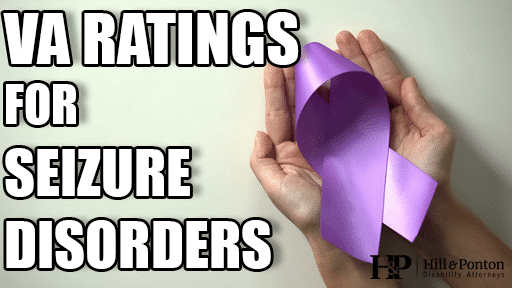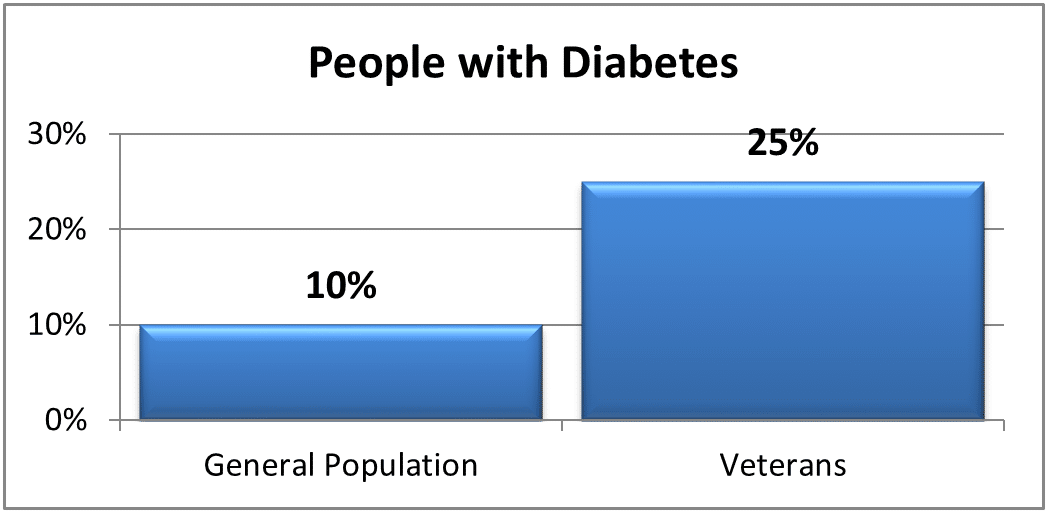Epilepsy is a medical condition involving recurrent, unprovoked seizures. Seizures are defined as a period of abnormal electrical brain activity in the brain which causes the body to act uncontrollably and oftentimes unconsciously. Also, seizures may cause the brain the sense things that aren’t there (hallucinations). A lot of people with epilepsy have more than one type of seizure and might also have other neurological symptoms as well. Common symptoms associated with seizures include, but aren’t limited to the following:
- Unconsciousness
- Severe shaking of the body
- Drooling
- Mumbling
- Falling down
- Vomiting
- Fear
- Anger
- Confusion
- Sweating
- Inappropriate behavior
Someone suffering from seizures may suffer from a single symptom or multiple symptoms during a seizure. It may even appear that the person isn’t suffering a seizure at all because the symptoms aren’t obvious, but the person experiencing the seizure may act unusually, and they won’t remember anything during the seizure.
In order to receive VA disability compensation for a seizure disorder, a doctor must have witnessed the veteran experience a seizure and also must have performed neurological testing. It is also extremely important for the doctor to document the history of seizures including severity and frequency. All epileptic/seizure disorders are rated according to the following criteria for a veteran’s disability.
VA Disability Ratings According to Schedular
| Major Seizures | Minor Seizures | Rating Percentage |
|---|---|---|
| 12 or more in the past year | N/A | 100% |
| 4-11 in the past year | 11 or more per week | 80% |
| 3 in the past year | 9-10 per week | 60% |
| 2 in the past year | 5-8 per week | 40% |
| 1 in the past 2 years | 2 in the past 6 months | 20% |
| Requires constant medication to control seizures or there is a definite diagnosis of epilepsy with history of seizures | Requires constant medication to control seizures or there is a definite diagnosis of epilepsy with history of seizures | 10% |
A major seizure is a seizure that affects the entire brain. Usually, major seizures involve loss of consciousness and uncontrollable shaking. Minor seizures affect a portion of the brain, and usually involve brief interruptions of consciousness with symptoms such as mumbling, rocking, slight twitching of the muscles, and/or falling down. If you have a seizure disorder that involves both major and minor seizures, you should use the rating criteria that would give the highest rating. For example, if you suffered 3 major seizures in the past year and had 2 minor seizures in the past 6 months then you would be entitled to a 60% rating. Even though the minor seizures only meet the rating criteria for 20%, the major seizures meet the criteria for a 60% rating, and the veteran is entitled to the higher of the ratings.
It is important to note that oftentimes a mental disorder is present with epilepsy. Mental health symptoms such as hallucinations, depression, etc. that are present only during a seizure cannot be rated separately. However, if mental health symptoms are present in between seizures they can receive a separate rating. Also, while personality disorders are not usually a ratable condition for VA disability benefits, if you have a personality disorder that is present along with your epilepsy, it can be rated. Personality disorders present with epilepsy are rated as dementia.
What are the most Common Seizure Disorders?
The following is a list of epileptic/seizure disorders and their corresponding diagnostic codes which are rated according to the criteria in the above table:
- Grand mal epilepsy (8910): features a loss of consciousness and violent muscle contractions. This type of seizure is most often caused by epilepsy, but can also result from other health problems such as low blood sugar, high fever, or a stroke.
- Petit mal epilepsy, also known as absence seizures (8911): These seizures involve brief and sudden lapses of consciousness. Absence seizures can usually be controlled with anti-seizure medication.
- Focal motor epilepsy (8912): Focal motor seizures are seizures that appear to be the result of abnormal activity in just one area of your brain. There are 2 categories of focal motor seizures: focal seizures without loss of consciousness, and focal dyscognitive seizures.
- Jacksonian epilepsy (8912): These seizures involve a brief alteration in movement, sensation or nerve These seizures typically no change in awareness or alertness.
- Sensory epilepsy (8912): These seizures originate in the part of the brain that is involved with the senses. The resulting symptoms usually involve unusual sensations that affect touch, taste, vision, hearing, and smell.
- Diencephalic epilepsy, also known as automatic epilepsy or vasomotor epilepsy (8913): Diencephalic seizures are a more rare form of seizures, and affect the part of the brain that controls autonomic functions (vomiting, flushing, sweating, etc.).
- Psychomotor epilepsy (8914): A psychomotor seizure typically occurs in the temporal lobe of the brain, and results in the impairment of responsiveness and awareness to ones surrounds.
- Narcolepsy (8108): Narcolepsy is a chronic neurological disorder affecting someone’s ability to control sleep and wakefulness. People with narcolepsy will experience excessive daytime sleepiness with intermittent, uncontrollable episodes of falling asleep during the day.




